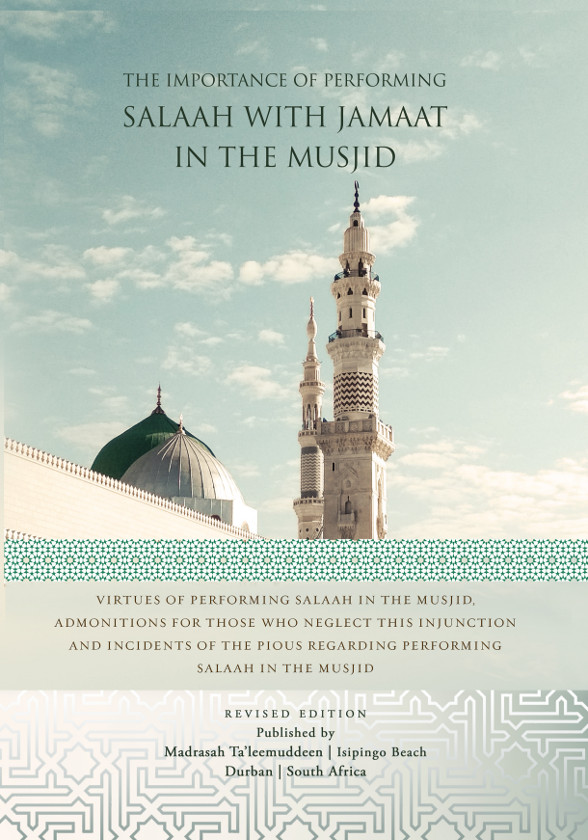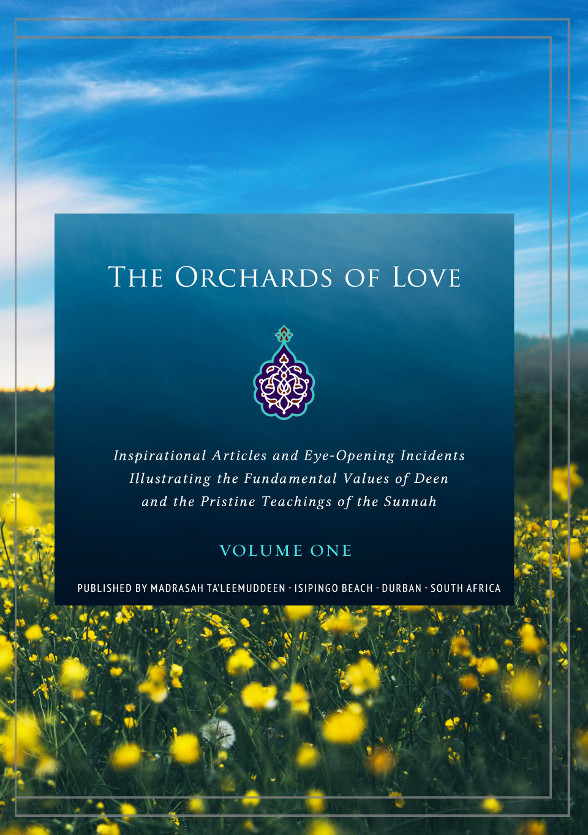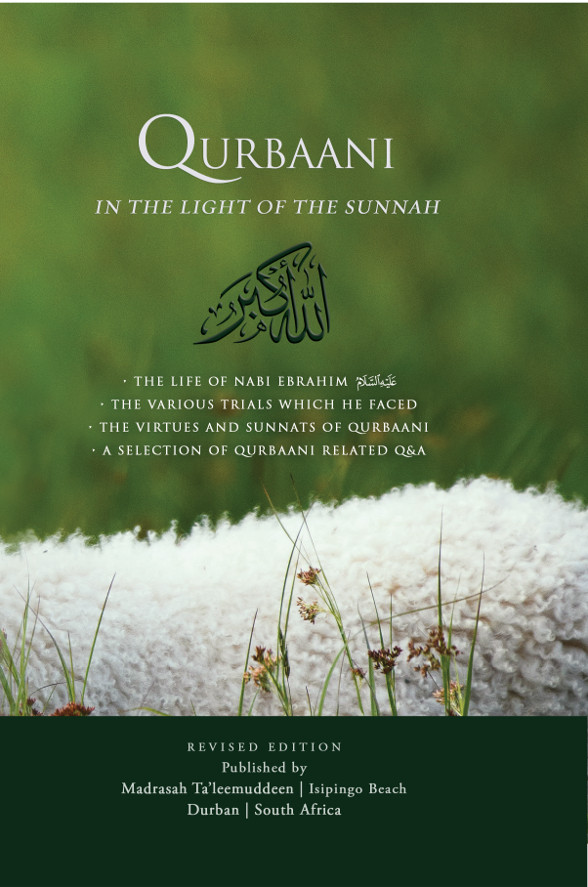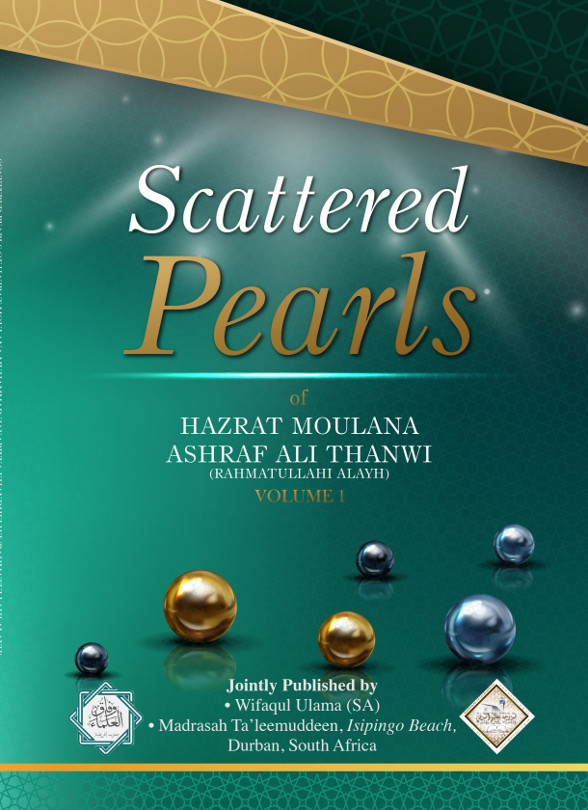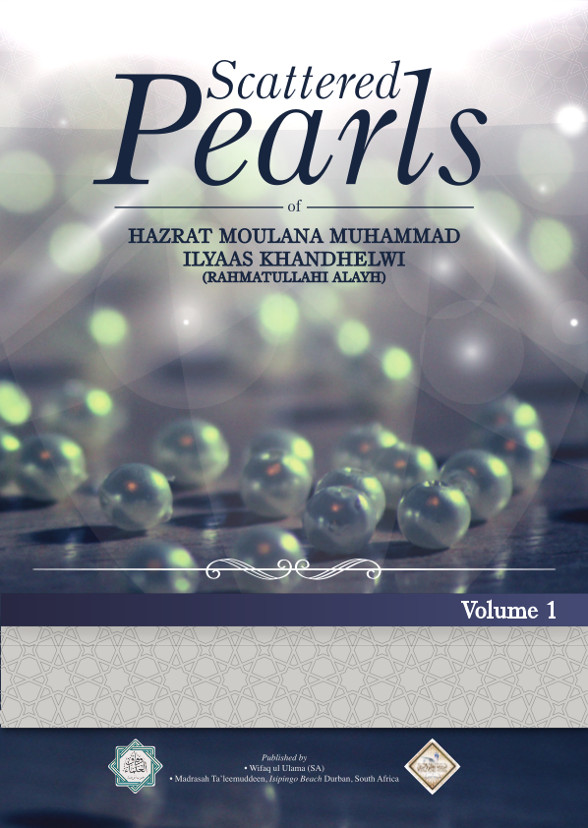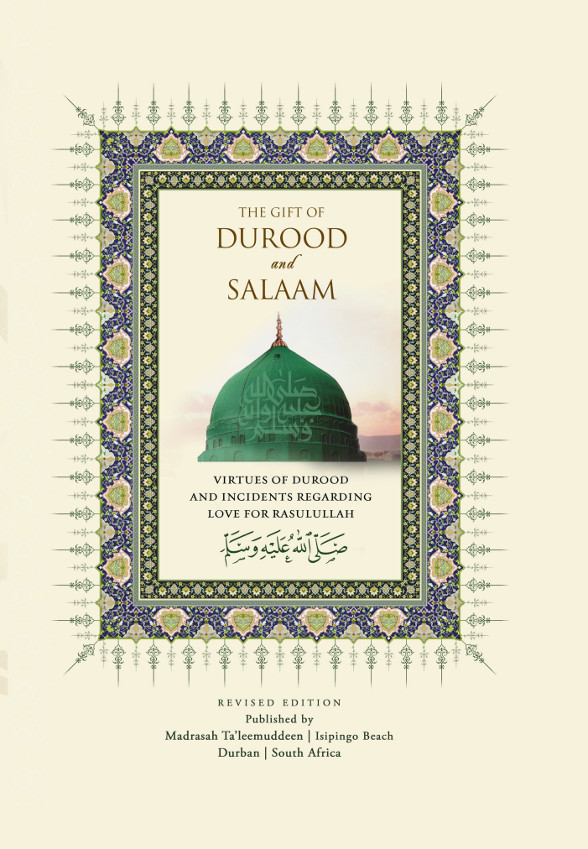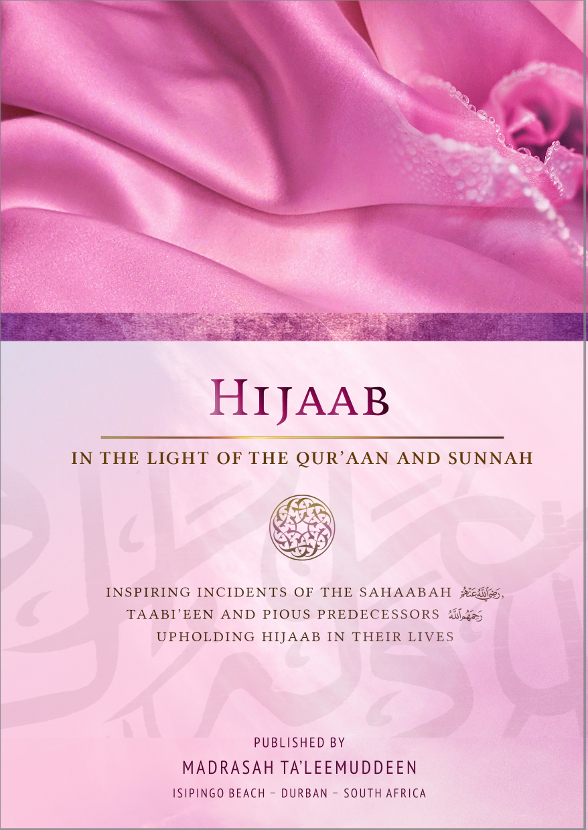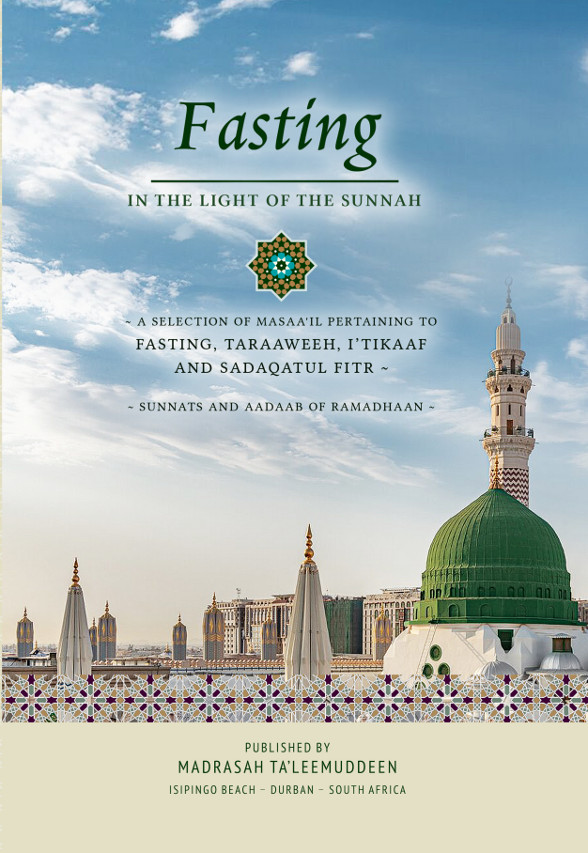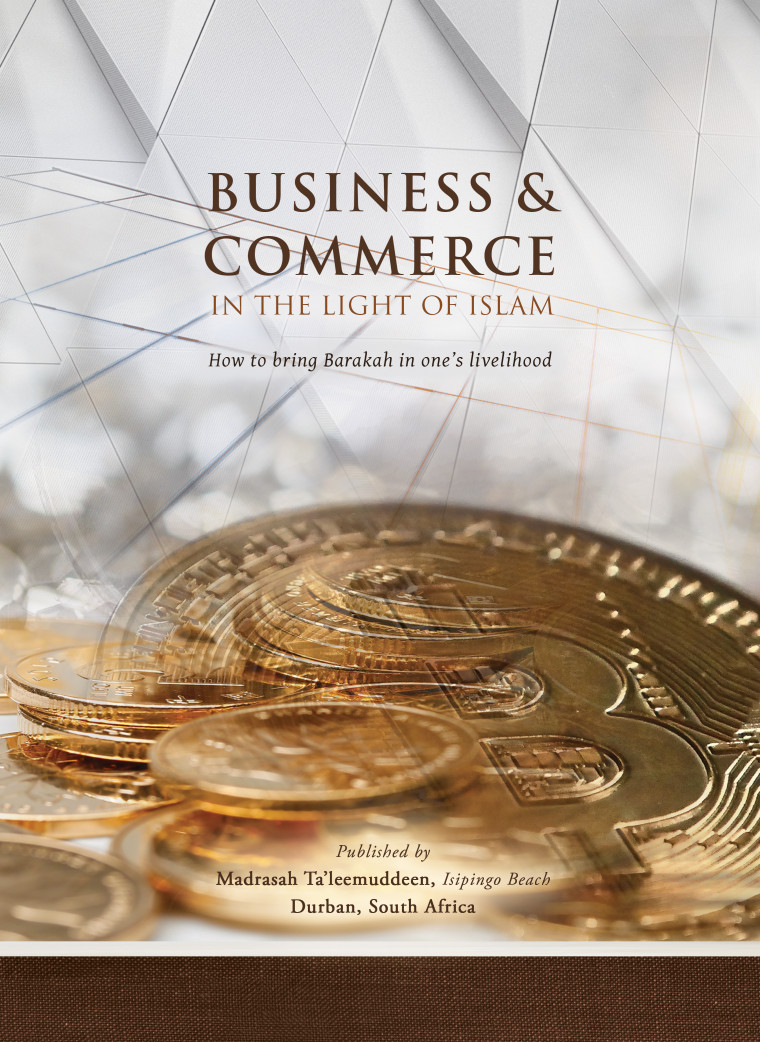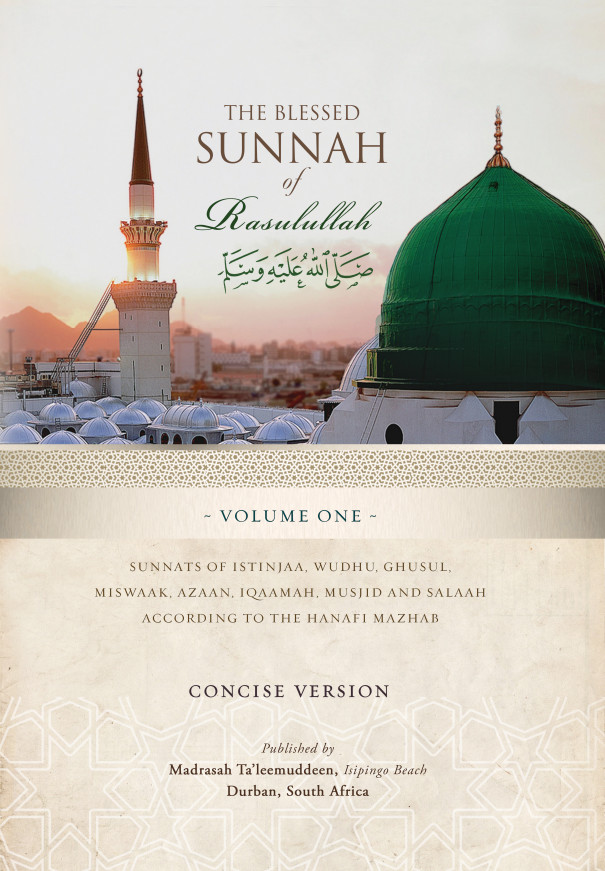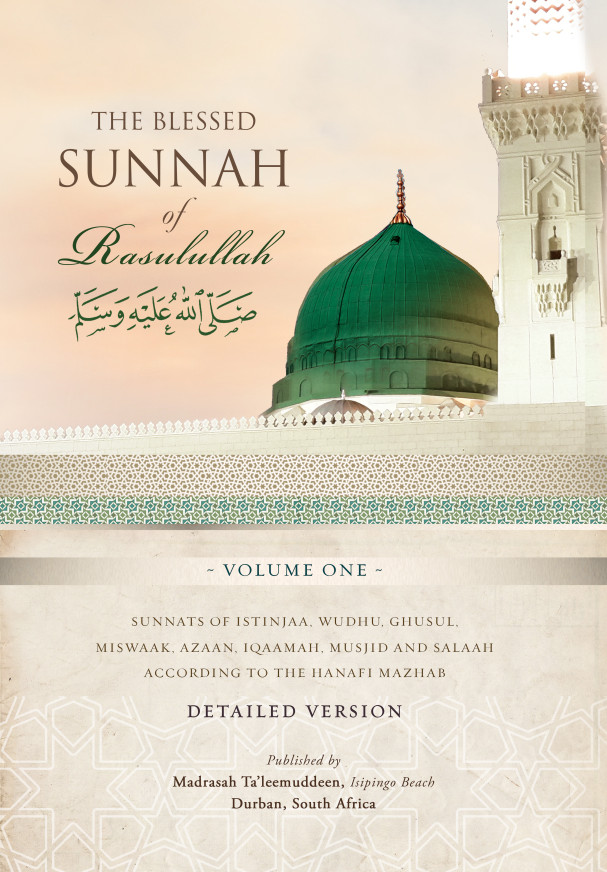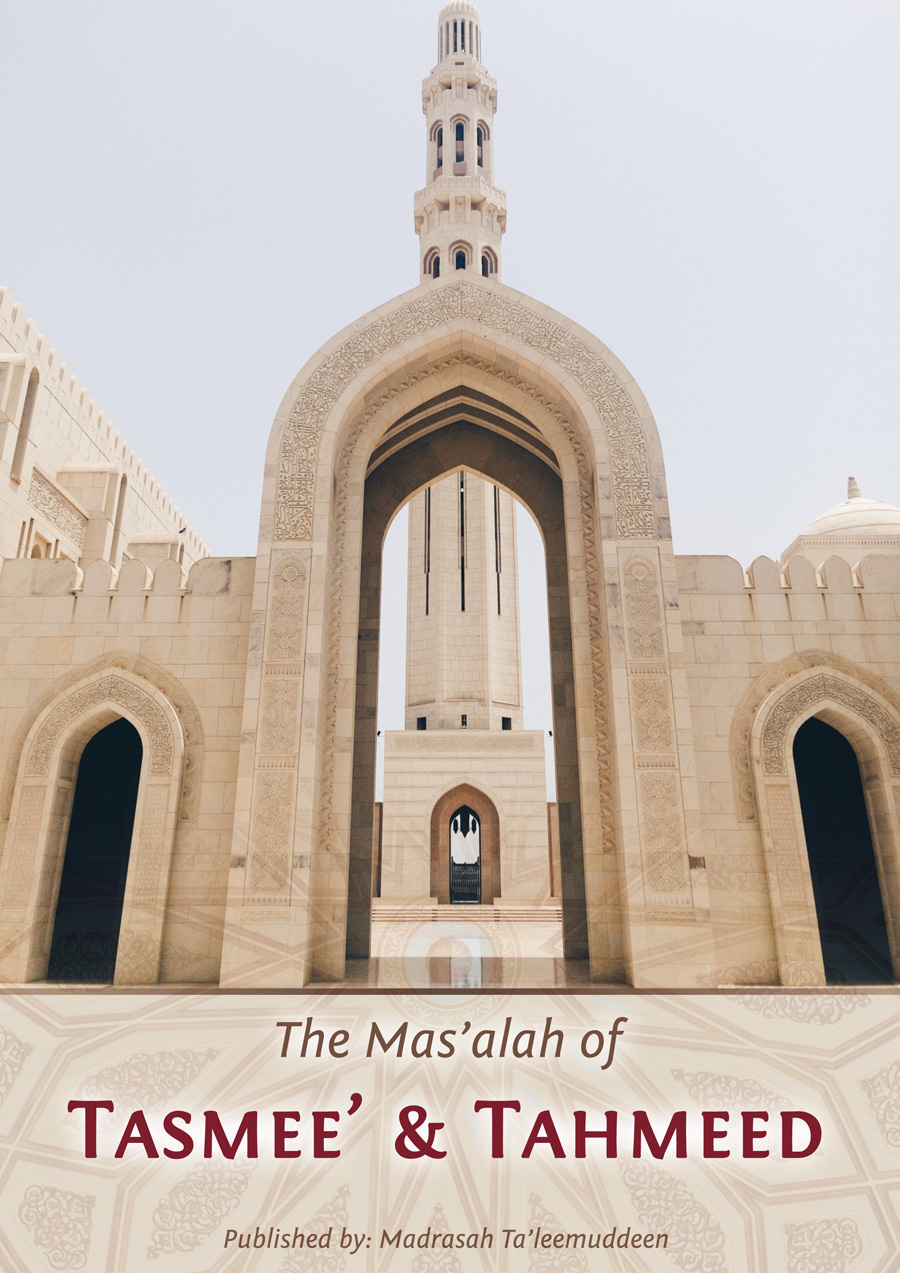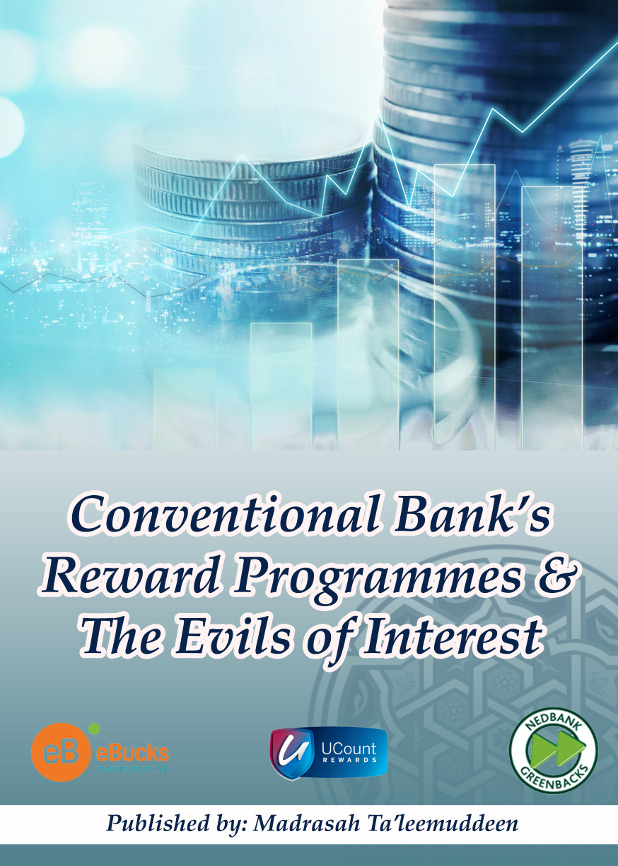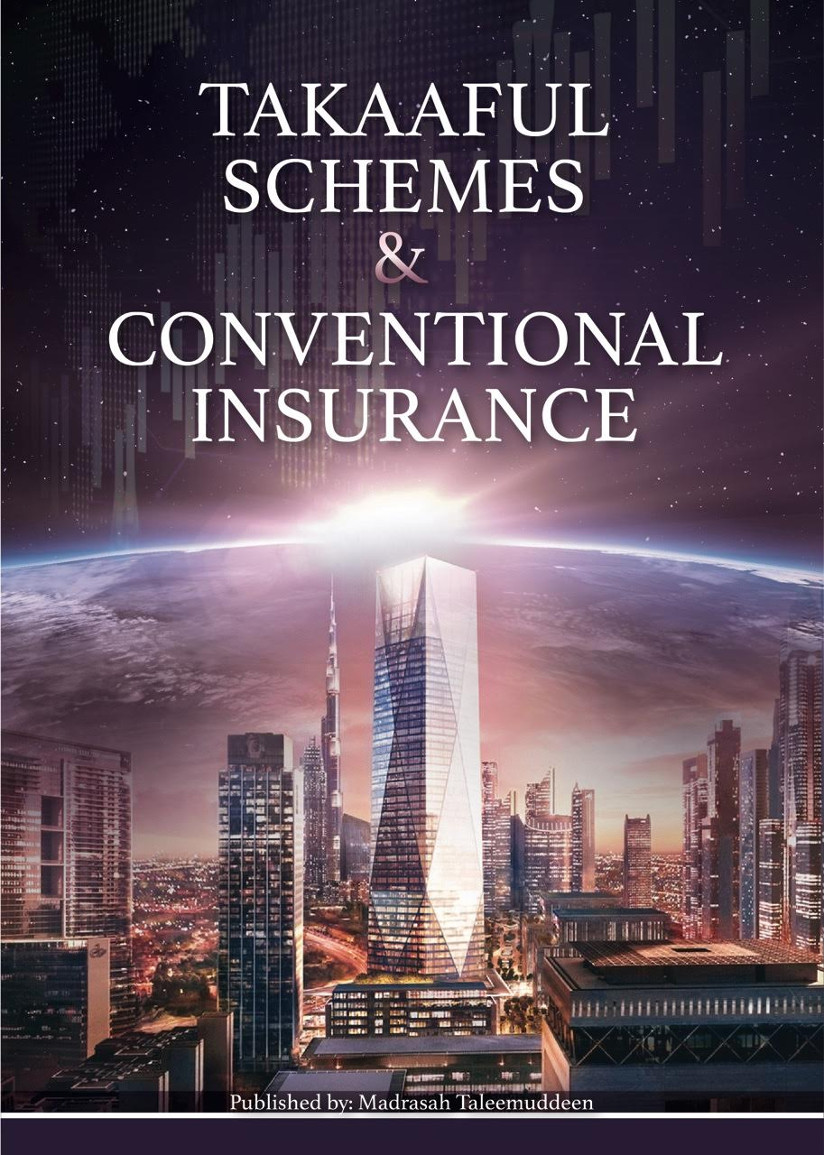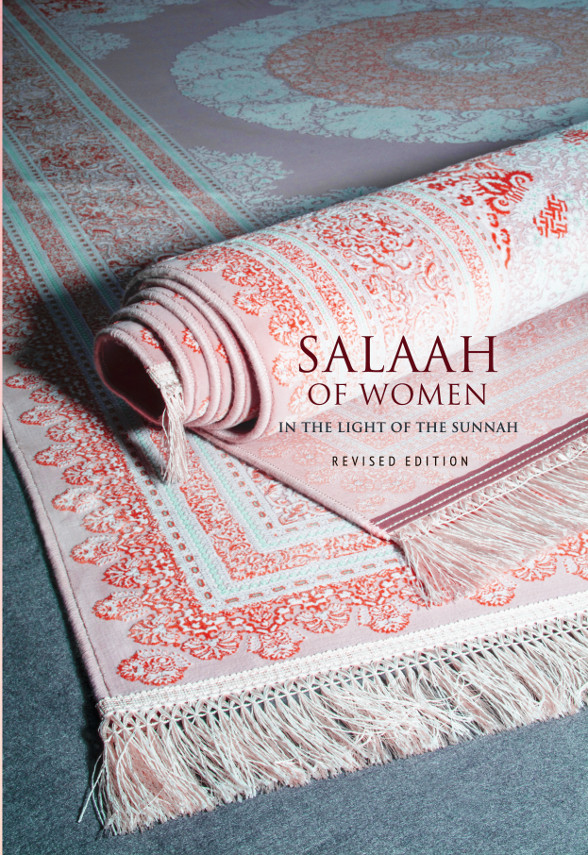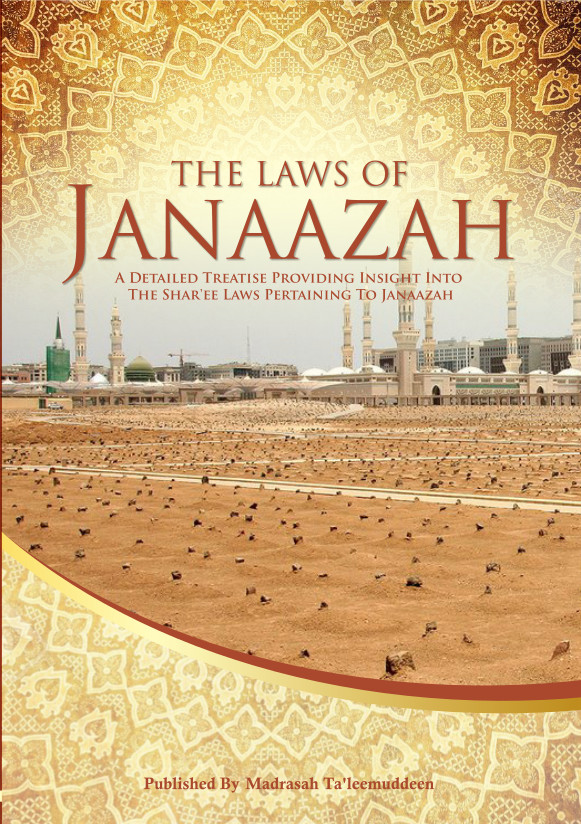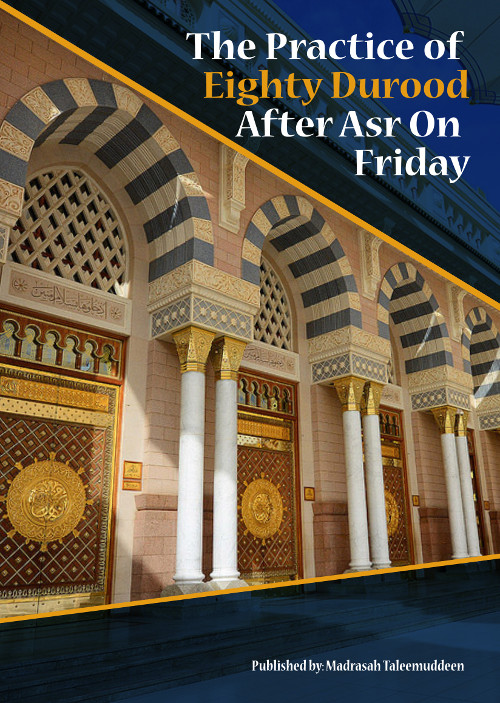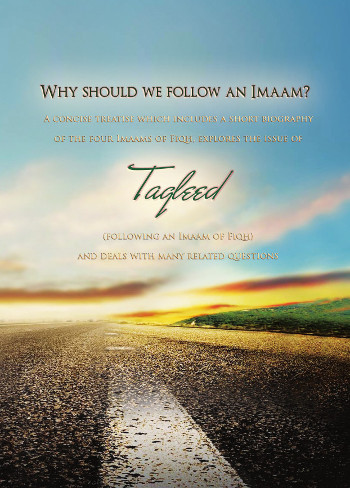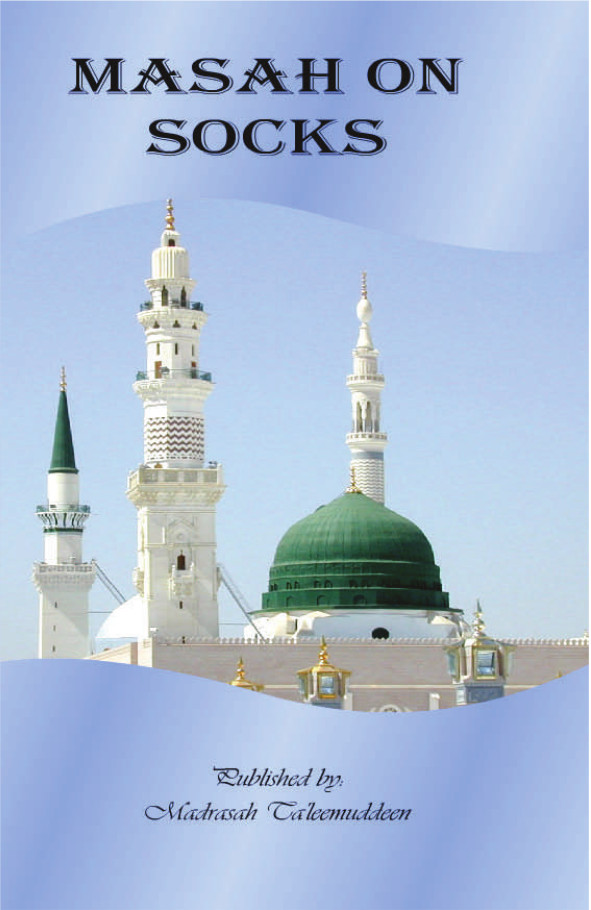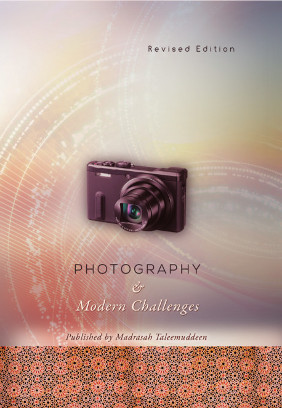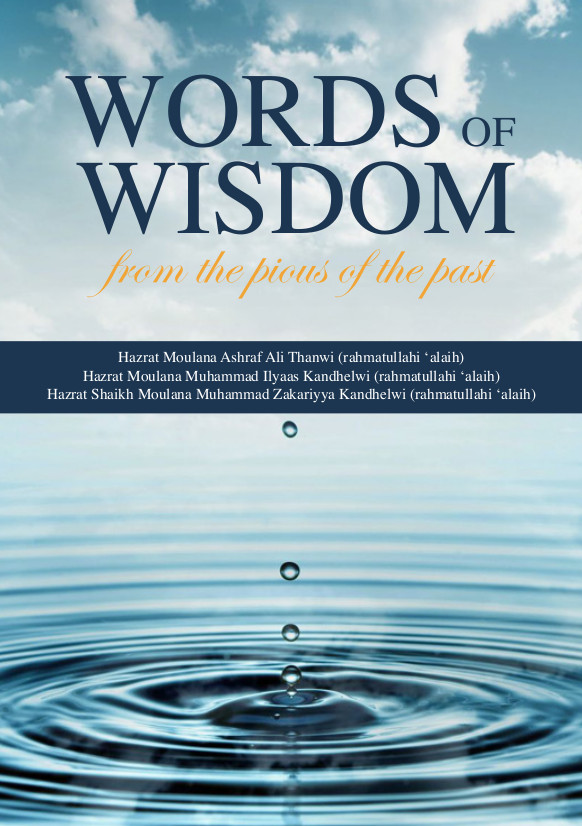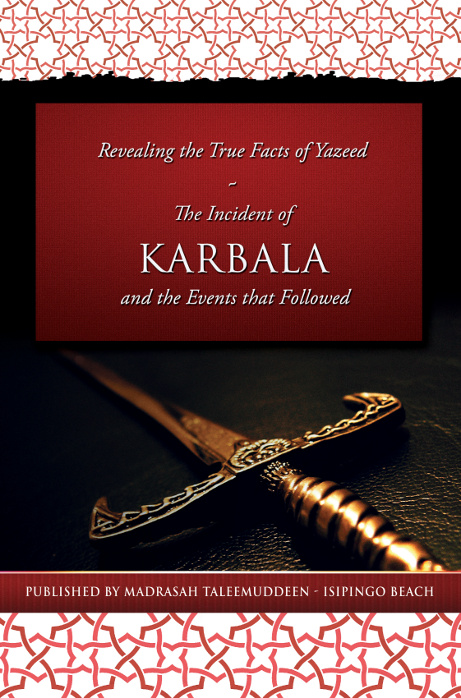The laws pertaining to a person in the final stages of his life
Q: Could you explain to me the various masaa'il that pertain to a person in the last stages of his life? I have heard that the one who is in the last stages of his life cannot deal in his wealth freely. Therefore, I wish to find out that if a person in this state gifts something to a relative or a non-relative, will his gifting be valid? From which point will one regard a person to be in the final stages of his life?

A: We have prepared a detailed article on this topic explaining the shar’ee laws that pertain to a person in the final stages of his life. Below we will present the article:
Maradhul Maut
The final illness of a person, commonly known as maradhul maut, refers to such an illness which generally continues and ends with the death of the person. This is regardless of whether the illness is such that it immediately makes one bed-ridden and unable to fulfil his needs and responsibilities, or it does not make him immobile immediately, but rather causes his health to progressively deteriorate until it eventually leads to his death.
In the second case, despite the fact that one is able to fulfil his daily needs and responsibilities, whether in the home or out of the home, since one’s health is deteriorating and the sickness is progressive, one will be regarded as a person in the state of maradhul maut and the laws of maradhul maut will apply to him. The Fuqahaa have stated that such an illness could last for approximately a year.
It should be borne in mind that if one is afflicted with an illness which generally leads to death, but the sickness does not affect his health seriously and nor is it found to be progressive, rather one continues to live with the sickness for an extended period (e.g. for a few years), then in such a case, one’s maradhul maut will commence from the time one’s health seriously deteriorates and leads to his death.
If one was afflicted with an acute sickness which generally leads to death, but one had thereafter recovered from the sickness, the sickness will not be regarded as maradhul maut and the laws of maradhul maut will not apply to it.
If a person is in maradhul maut, but he passes away from some other cause besides the illness (e.g. he was in the final stages of cancer, but passed away through an accident), then his sickness will still be regarded as maradhul maut.
Miscellaneous Masaa’il regarding Maradhul Maut
There are numerous laws that pertain to a person who is in his final illness. Below, we will mention few relevant masaa’il which the Fuqahaa have mentioned regarding a person who is in the state of maradhul maut:
1. When a person is in the state of maradhul maut, Shari’ah only gives him permission to deal in one third of his wealth. The reason for this is that his heirs have become entitled to the remainder two thirds of his wealth. In other words, when he enters maradhul maut, the haqq (rights) of his heirs become attached to the wealth and it is not permissible for him to deal in their haqq. Therefore, the charitable works, donations, making waqf of something, or gifts which he gives to people in the state of maradhul maut will all be treated as bequests and will only be valid from one third of his estate. Hence, upon his demise, after paying for his burial expenses and settling his debts and liabilities, if it is found that the donations, gifts, etc., that he had given in his maradhul maut exceeded one third of his estate, then it will only be valid upto one third. The remainder wealth (e.g. gifted to someone besides the heir), over and above the one third, should be returned to the estate.
2. It is not permissible for him to gift anything to an heir while in the state of maradhul maut. If he gifts something of his wealth to an heir while he is in the state of maradhul maut, the gifting will not be valid and the gifted item will have to be returned to the estate so that upon the demise of the person, it will be distributed among his heirs with his other wealth according to the stipulated shares of inheritance.
3. It is not permissible for any person, whether in maradhul maut or not, to make a bequest for an heir that upon his demise, the heir should be given a certain amount of wealth from his estate before the estate is wound and distributed among the heirs. If he makes a bequest for an heir, that the heir be given something exclusive from the estate before the estate is wound and distributed, the bequest will be invalid.
4. It is not permissible for the person in maradhul maut to purchase anything for an heir or pay for something the heir had purchased as this is also a type of gifting to the heir. However, if all the heirs are baaligh and they permit the gifting after the demise of the marhoom, it will be valid.
5. A sale of a commodity to an heir in the state of maradhul maut is not permissible, even if it is sold at the normal market value. However, if all the heirs are baaligh and they permit the sale after the demise of the marhoom, it will be valid.
6. The sale of a commodity to a non-heir in the state of maradhul maut for the normal market value is valid. However, if the sale is less than the market value (e.g. an item worth R200 being sold for R20), then the discounted amount (R180) will be considered to be a gift to the purchaser and will thus be regarded as a bequest. Hence, if the discounted amount is equivalent to one third or less than one third of the estate, it will be valid. If the discounted amount exceeds one third of the estate, it will not be valid and the surplus amount will have to be returned to the estate.
7. It is not permissible for the person in maradhul maut to confess to a debt that he owes to an heir without evidence. The reason for the confession not being accepted is that the sick person could be suspected of trying to favour the heir. However, if all the other heirs approve of the debt after the demise of the sick person, it will be permissible, since they are prepared to forgo a portion of their right of the inheritance for the heir. Similarly, this will only be permissible provided no heir is forced to approve of the debt and no non-baaligh heir is being deprived of his full share of the inheritance (as a non-baaligh’s approval is not considered). If there is evidence to establish the debt owed to the heir by the sick person, the confession will be accepted.
8. It is permissible for the person in maradhul maut to confess to a debt that he owes to a non-heir regardless of whether there is evidence to establish the debt or not. The reason for the confession being accepted in this situation is that the sick man is not suspected of trying to favour one heir as in the case mentioned above.
9. Leasing out one’s belongings or property in the state of maradhul maut is valid, regardless of the rate at which they are leased.
10. Lending one’s belongings to people or one’s family is valid in the state of maradhul maut.
11. If one divorces his wife, the divorce is valid. If he passes away during the duration of her iddah, she will inherit from the estate. If he passes away after the iddah period terminates, she will not inherit.
And Allah Ta'ala knows best.
(من غالب حالة الهلاك بمرض أو غيره بأن أضناه مرض عجز به عن إقامة مصالحه خارج البيت) هو الأصح كعجز الفقيه عن الإتيان إلى المسجد وعجز السوقي عن الإتيان إلى دكانه وفي حقها أن تعجز عن مصالحها داخله كما في البزازية ومفاده أنها لو قدرت على نحو الطبخ دون صعود السطح لم تكن مريضة (الدر المختار 3/384)
والصحيح أن من عجز عن قضاء حوائجه خارج البيت فهو مريض وإن أمكنه القيام بها في البيت إذ ليس كل مريض يعجز عن القيام بها في البيت كالقيام للبول والغائط كذا في التبيين (الفتاوى الهندية 1/643)
ولو أعيد المخرج للقتل إلى الحبس أو رجع المبارز بعد المبارزة إلى الصف صار في حكم الصحيح كالمريض إذا برئ من مرضه كذا في البدائع (الفتاوى الهندية 1/463)
قوله إن مات في ذلك الوجه أو قتل دليل على أنه لا فرق بين ما إذا مات بذلك السبب أو بسبب آخر كالمريض إذا قتل وفيه خلاف عيسى بن أبان هو يقول إن مرض الموت ما يكون سببا للموت ولما مات بسبب آخر علمنا أن مرضه لم يكن مرض الموت قلنا الموت اتصال بمرضه حيث لم يصح حتى مات وقد يكون للموت سببان فلم يتبين أن مرضه لم يكن الموت (تبيين الحقائق 2/248)
(قوله أو بسبب آخر كالمريض إذا قتل) وهذا ظاهر الرواية عن أصحابنا اهـ أتقاني (حاشية الشلبي 2/248)
(وتجوز بالثلث للأجنبي) عند عدم المانع (وإن لم يجز الوارث ذلك لا الزيادة عليه إلا أن تجيز ورثته بعد موته) (رد المحتار 6/650)
و(لا يصح تبرعه إلا من الثلث ...) (الدر المختار 3/386)
قال العلامة ابن عابدين رحمه الله (قوله ولا يصح تبرعه إلا من الثلث) أي كوقفه ومحاباته وتزوجه بأكثر من مهر المثل (رد المحتار 3/386)
إذا وهب أحد في مرض موته شيئا لأحد ورثته وبعد وفاته لم تجز الورثة الباقون لا تصح تلك الهبة أما لو وهب وسلم لغير الورثة فإن كان ثلث ماله مساعدا لتمام الموهوب تصح وإن لم يكن مساعدا ولم تجز الورثة الهبة تصح في المقدار المساعد ويكون الموهوب له مجبورا برد الباقي (مجلة الأحكام، المادة: 879)
(وتبطل هبة المريض ووصيته لمن نكحها بعدهما) أي بعد الهبة والوصية لما تقرر أنه يعتبر لجواز الوصية كون الموصى له وارثا أو غير وارث وقت الموت لا وقت الوصية
قال العلامة ابن عابدين رحمه الله (قوله وتبطل هبة المريض ووصيته إلخ) لأن الوصية إيجاب عند الموت وهي وارثة عند ذلك ولا وصية للوارث والهبة، وإن كانت منجزة صورة فهي كالمضاف إلى ما بعد الموت حكما لأن حكمها يتقرر عند الموت، ألا ترى أنها تبطل بالدين المستغرق وعند عدم الدين تعتبر من الثلث هداية (رد المحتار 6/659)
إذا باع شخص في مرض موته شيئا من ماله لأحد ورثته يعتبر ذلك موقوفا على إجازة سائر الورثة فإن أجازوا بعد موت المريض ينفذ البيع وإن لم يجيزوا لا ينفذ (مجلة الأحكام، المادة: 393)
إذا باع المريض في مرض موته شيئا لأجنبي بثمن المثل صح بيعه وإن باعه بدون ثمن المثل وسلم المبيع كان بيع محاباة يعتبر من ثلث ماله فإن كان الثلث وافيا بها صح وإن كان الثلث لا يفي بها لزم المشتري إكمال ما نقص من ثمن المثل وإعطاؤه للورثة فإن أكمل لزم البيع وإلا كان للورثة فسخه (مجلة الأحكام، المادة: 394)
فأما إقراره بالدين لغيره فلا يخلو من أحد وجهين إما أن أقر به لأجنبي أو لوارث فإن أقر به لوارث فلا يصح إلا بإجازة الباقين عندنا (بدائع الصنائع 6/658)
هذا إذا أقر لوارث فإن أقر لأجنبي فإن لم يكن عليه دين ظاهر معلوم في حالة الصحة يصح إقراره من جميع التركة استحسانا (بدائع الصنائع 6/658)
إيجار المريض لا تشترط صحة المؤجر ولذلك لو آجر وهو في مرض موته مالا له من آخر بأقل من أجرة المثل فالإجارة نافذة في كل ذلك المال لا في ثلثه فقط لأن إعارته وهو في مرض موته جائزة فكذا إجارته (درر الحكام شرح مجلة الأحكام 1/450)
الباب الخامس في طلاق المريض قال الخجندي الرجل إذا طلق امرأته طلاقا رجعيا في حال صحته أو في حال مرضه برضاها أو بغير رضاها ثم مات وهي في العدة فإنهما يتوارثان بالإجماع ... ولو طلقها طلاقا بائنا أو ثلاثا ثم مات وهي في العدة فكذلك عندنا ترث ولو انقضت عدتها ثم مات لم ترث وهذا إذا طلقها من غير سؤالها فأما إذا طلقها بسؤالها فلا ميراث لها كذا في المحيط (الفتاوى الهندية 1/462)
Answered by:
Checked & Approved:



